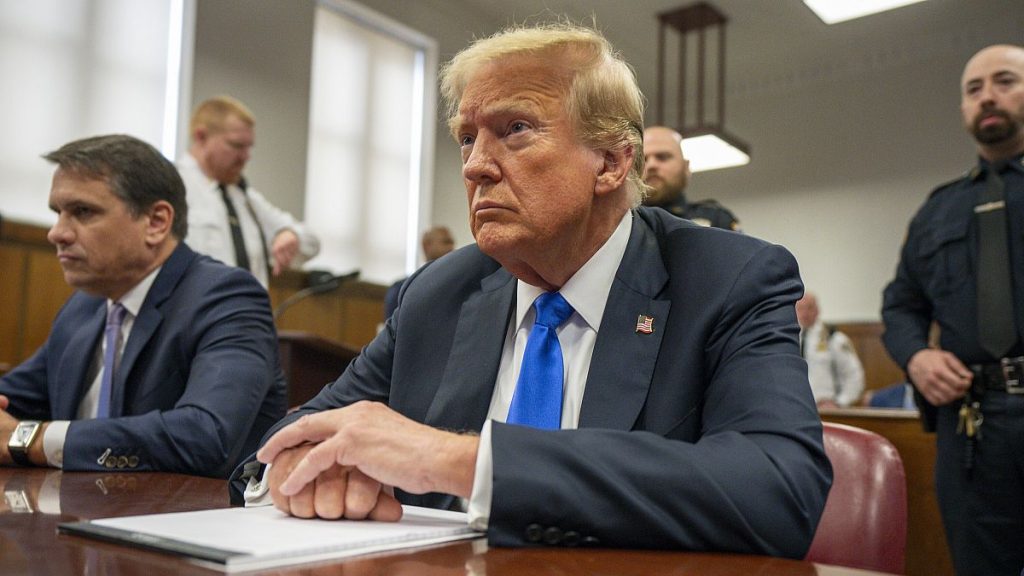Donald Trump’s legal saga continues as a judge sets his sentencing date for January 10th, just over a week before his scheduled return to the White House. This marks a significant moment in American history, as Trump is poised to become the first president to assume office with a felony conviction. The case revolves around 34 counts of falsifying business records related to hush money payments made to adult film actress Stormy Daniels during the final weeks of his 2016 presidential campaign. These payments were allegedly intended to suppress Daniels’ claims of a past affair with Trump, allegations he vehemently denies. While the conviction stands, Judge Juan M. Merchan indicated a sentence of conditional discharge, meaning the case will be dismissed if Trump avoids further legal trouble.
The judge’s decision comes after a period of deliberation following Trump’s November election victory. The proceedings were temporarily halted to allow both the defense and prosecution to address the unique circumstances of an incoming president facing criminal charges. Trump’s legal team argued for dismissal, claiming the case would create unconstitutional disruptions to his ability to govern. Conversely, the prosecution acknowledged the need for some accommodation due to his presidential duties but insisted the conviction should remain. Judge Merchan ultimately rejected the defense’s arguments for dismissal, asserting that sentencing Trump before his inauguration is essential for upholding the interests of justice.
This hush money case represents a significant legal challenge for Trump, distinct from his other ongoing legal battles. It is the only one of his four criminal indictments to reach trial thus far. The other cases involve allegations of efforts to overturn the 2020 election results, mishandling of classified documents at his Mar-a-Lago residence, and election interference in Georgia. These additional cases, brought by Special Counsel Jack Smith and Georgia state prosecutors, respectively, are currently in various stages of development. The federal cases have concluded, while the Georgia case is largely on hold.
The timing of the sentencing, just days before Trump’s return to the presidency, adds an unprecedented layer of complexity to the transition of power. While the conditional discharge suggests Trump will avoid jail time in this specific case, the conviction itself casts a long shadow over his impending presidency. The legal and political ramifications of this situation are likely to unfold throughout his term. The eyes of the nation will be on the incoming administration as it navigates this uncharted territory. The intersection of a criminal conviction and the presidency presents a unique challenge to American democracy and the rule of law.
Beyond the immediate sentencing, the broader implications of Trump’s legal woes extend to his ability to govern effectively. The ongoing investigations and potential future legal proceedings could create distractions and impede his ability to focus on the demands of the presidency. The looming threat of further charges and potential trials adds an element of uncertainty to his second term. The public discourse surrounding these legal matters may also further polarize the nation, making it more difficult to address pressing national issues.
The unprecedented nature of a president entering office with a criminal conviction raises profound questions about accountability, transparency, and the future of American politics. This situation will undoubtedly shape the narrative of Trump’s second term and potentially influence the public’s perception of the presidency itself. The legal and political ramifications will continue to unfold, leaving a lasting impact on the American political landscape. The coming months and years will reveal the full extent of the consequences of this historic moment.














